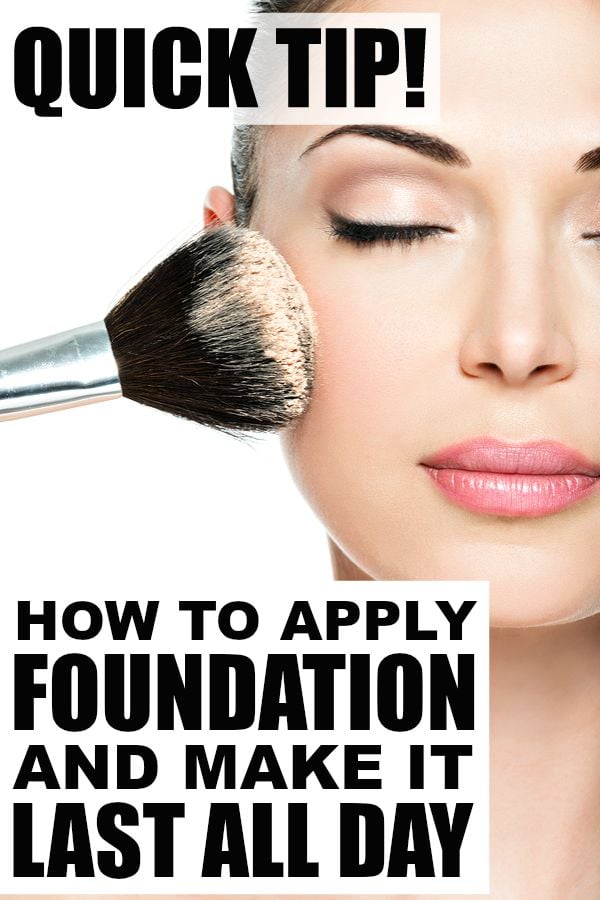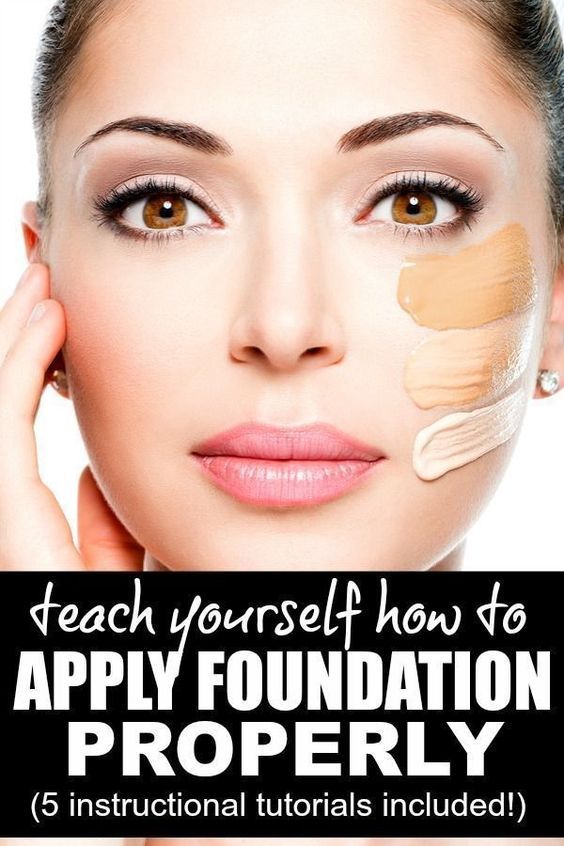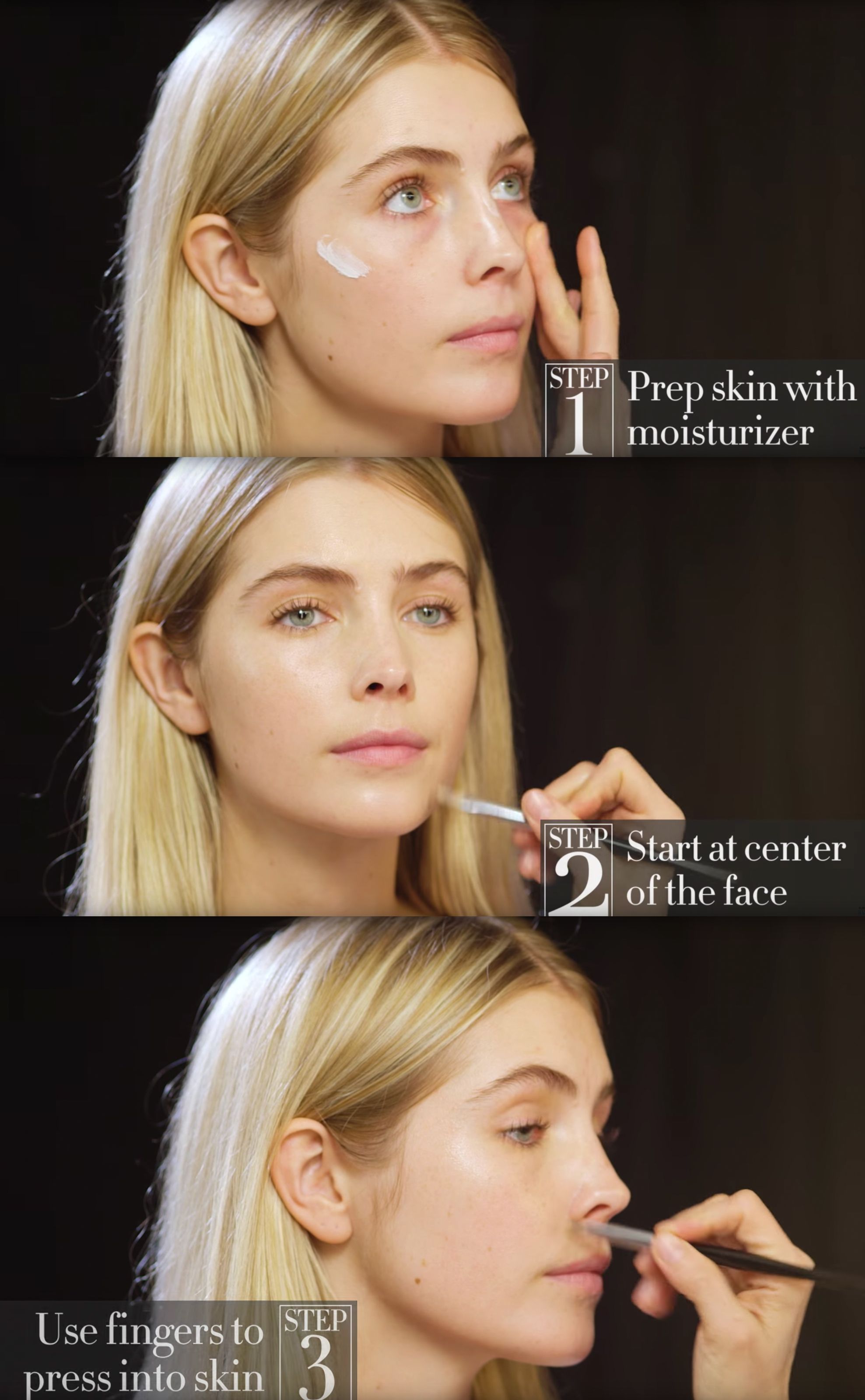Applying foundation can feel like an art form, but it's really just a combination of the right products and techniques. Your foundation acts as the canvas for the rest of your makeup, so getting it right matters. Whether you're a newbie or a seasoned pro, understanding the basics of foundation application can elevate your makeup game to a whole new level. In this section, you'll discover essential tips and techniques to help you achieve that flawless finish everyone dreams of.
Understanding Different Foundation Types

Foundation comes in a variety of forms, and each type offers unique benefits that cater to different skin types and preferences. Here’s a quick rundown of the main foundation types you'll encounter:
- Liquid Foundation: This is perhaps the most common type. It provides versatile coverage, from sheer to full, depending on how much you apply. Liquid foundations can be oil-based or water-based, and they're suitable for a range of skin types.
- Cream Foundation: Cream foundations tend to be thicker and provide a richer coverage. They are perfect for those with dry skin, as they hydrate and give a luminous finish.
- Powder Foundation: Powder foundations are great for those who prefer a lighter feel. They can be used alone or over liquid foundation for extra coverage and are excellent for oily skin types.
- Stick Foundation: Stick foundations are versatile and easy to apply, offering a cream-like consistency in a convenient packaging. They're great for touch-ups throughout the day!
- BB and CC Creams: These are lighter alternatives to traditional foundation. BB creams provide hydration and light coverage, while CC creams focus on color correction for an even tone.
Choosing the right foundation type for your skin is crucial. Factors like skin type, coverage preference, and the finish you desire (matte, dewy, etc.) should guide your choice. Don't hesitate to test a few different formulations to find your perfect match!
Also Read This: Using iStock Photos Legally on Facebook
Preparing Your Skin for Foundation

Getting your base just right starts long before you even pick up the foundation. Preparation is key to achieving that flawless finish. When your skin is prepped correctly, foundation glides on smoothly and looks natural. Here are some essential tips:
- Cleanse: Always start with a clean canvas. Use a gentle cleanser that suits your skin type to remove dirt and oil. This helps your foundation adhere better.
- Exfoliate: Exfoliating your skin a few times a week removes dead skin cells, leading to a smoother surface. Choose a gentle exfoliating scrub or a chemical exfoliant for best results.
- Moisturize: Hydrating your skin is crucial. Apply a lightweight moisturizer that won't feel heavy under your foundation. If you have oily skin, opt for oil-free formulas.
- Use Primer: A good primer acts as a barrier between your skin and foundation, helping it last longer. Choose a primer based on your skin type—mattifying for oily skin or illuminating for dry skin.
- Let It Absorb: After applying moisturizer and primer, don’t rush. Give your skin a few minutes to absorb these products before moving on to foundation.
By preparing your skin this way, you’re setting yourself up for success. A well-prepped face means less product needed and a more airbrushed look. Who doesn’t want that?
Also Read This: Mastering the Editing of Adobe Stock Images
Choosing the Right Tools for Application

When it comes to applying foundation, the tools you choose can make a world of difference. There's no one-size-fits-all method, so it's important to try different tools and see what works best for you. Let’s explore some popular options:
| Tool | Benefits | Best For |
|---|---|---|
| Makeup Sponge | Creates a natural finish, perfect for blending. | Liquid foundations and cream products. |
| Foundation Brush | Provides full coverage and a polished look. | Thicker foundations or for a more airbrushed effect. |
| Fingers | Gives you the most control and warmth. | Lightweight products and quick application. |
| Stippling Brush | Offers a buildable application, ideal for layering. | All foundation types. |
So, which tool should you use? It often depends on the finish you want to achieve:
- Want a lightweight, dewy look? Go for a makeup sponge.
- Looking for full coverage? A foundation brush might be your best bet.
Whatever you choose, make sure to clean your tools regularly. Dirty brushes and sponges can lead to breakouts and uneven application. Happy applying!
Also Read This: Learn How to Automatically Trace an Image in Procreate
Step-by-Step Guide to Applying Foundation
Applying foundation might seem straightforward, but there’s a real craft to it if you want that flawless finish. Let’s break it down into simple steps to make sure you nail it every time!
- Prepare Your Skin: Start with a clean canvas! Cleanse your face and follow up with a good moisturizer suited for your skin type. This helps the foundation glide on smoothly.
- Prime Your Face: Using a primer is essential. It minimizes pores and enhances the longevity of your makeup. Just a pea-sized amount will do; focus on areas where your makeup tends to wear off the fastest.
- Choose the Right Foundation: Test foundations in natural light to find your perfect match. Consider your skin type while choosing between liquid, powder, cream, or stick foundations.
- Apply the Foundation: You can use a brush, a sponge, or even your fingers! If you're going for a natural look, a damp makeup sponge can help achieve an airbrushed finish.
- Start from the center: Apply the foundation in the center of your face and blend outwards.
- Build coverage: Layer gradually if you want more coverage, rather than applying a thick layer all at once.
And voilà! You’re all set for a beautiful, long-lasting foundation look!
Also Read This: Tips for Printing Large Images Without Losing Quality
Common Mistakes to Avoid When Applying Foundation
Even seasoned makeup lovers can make a few blunders when it comes to applying foundation. Understanding common mistakes can save you from makeup mishaps. Here are a few to watch out for:
- Not Prepping Your Skin: Skipping moisturizer or primer can lead to uneven application and a cakey look. Always prep your skin!
- Wrong Shade Selection: Testing foundation on your wrist or hand is a no-go. Always swatch on your jawline or neck to find your perfect shade.
- Applying Too Much Product: Thicker layers don’t always equal better coverage. Start with a small amount and build it up as needed.
- Neglecting Blending: Harsh lines or uneven patches can ruin your look. Ensure you blend well, especially around your jawline and hairline.
- Ignoring Your Skin Type: A foundation that works for your friend might not work for you. Pay attention to whether your skin is oily, dry, or combination, and choose accordingly.
- Forgetting to Set Your Makeup: If you want your foundation to last all day, don’t forget to set it with powder or a setting spray!
By avoiding these common pitfalls, you can achieve a beautiful, flawless foundation application every time!
Also Read This: Mastering Watercolor Presets in Photoshop from Adobe Stock
Tips for Long-Lasting Foundation
Getting your foundation to last all day can sometimes feel like a juggling act, but with a few simple strategies, you can keep your makeup looking fresh and fabulous! Here are some essential tips to help you achieve that long-lasting foundation look:
- Prep Your Skin: Always start with a clean and moisturized face. Use a primer suited for your skin type. A good primer creates a smooth base and helps your foundation adhere properly.
- Choose the Right Foundation: Opt for a long-wearing or matte foundation if you’re aiming for all-day coverage. Make sure to pick one that suits your skin type – for example, oily skin benefits from oil-free formulas.
- Apply in Layers: Instead of slapping on a thick layer of foundation, apply it in thin layers. This not only helps you achieve a more natural look but also enhances staying power.
- Set It Right: After applying your foundation, dust a translucent setting powder all over your face, focusing on areas that tend to get oily. This will help lock everything in place.
- Use Setting Spray: To seal the deal, finish off your makeup routine with a setting spray. This creates a protective layer to keep your makeup looking fresh throughout the day.
- Avoid Touching Your Face: Once you're all set, try to avoid touching your face. This can disturb the foundation and lead to fading.
- Blot as Needed: If you start to feel oily, use blotting papers instead of adding more powder. This prevents your makeup from becoming cakey.
With these tips in your makeup toolkit, you'll be better equipped to keep your foundation flawless and long-lasting!
Conclusion and Final Thoughts
Perfecting the art of applying foundation isn’t just about the products you use – it’s also about the techniques you employ. Throughout this guide, we've explored various methods, tips, and tricks that can transform your foundation application from mundane to magnificent!
Remember, practice makes perfect. Don’t feel disheartened if you don’t get it right immediately. Here are some key takeaways:
- *Skin Prep is Key: Take the time to prep your skin with cleansers, moisturizers, and primers.
- Choose Wisely: Your choice of foundation should depend on your skin type and desired finish.
- Brushes vs. Sponges: Experiment with different application tools to find what works best for you.
- Seal the Deal:* Always set your makeup with powder and a finishing spray for longevity.
So, go ahead and put these tips into practice! Whether you’re heading to work, a wedding, or simply stepping out for coffee, your foundation can look incredible with just a little know-how. Remember, beauty is about feeling good in your own skin, and confidence is the best makeup of all!
 admin
admin








